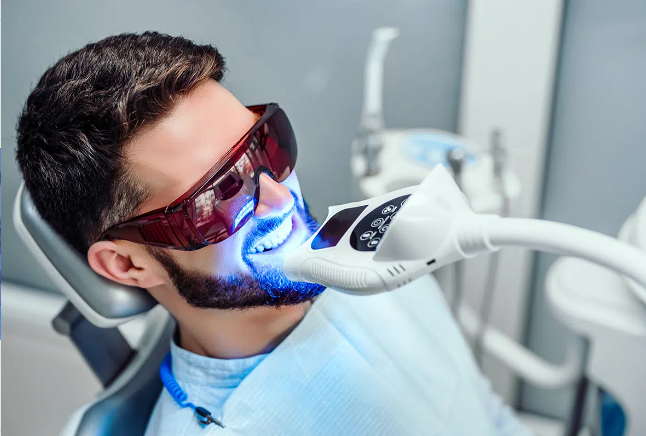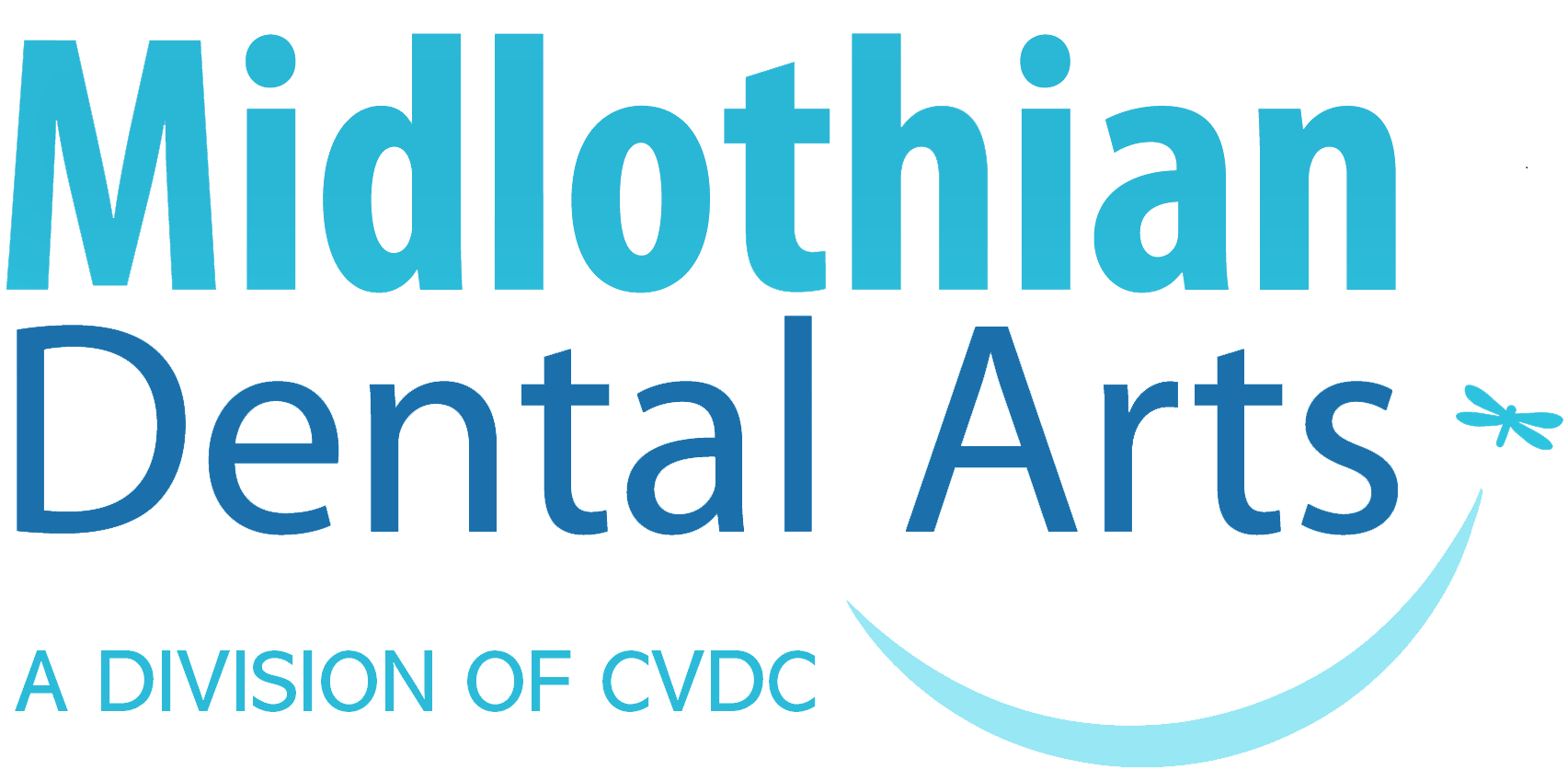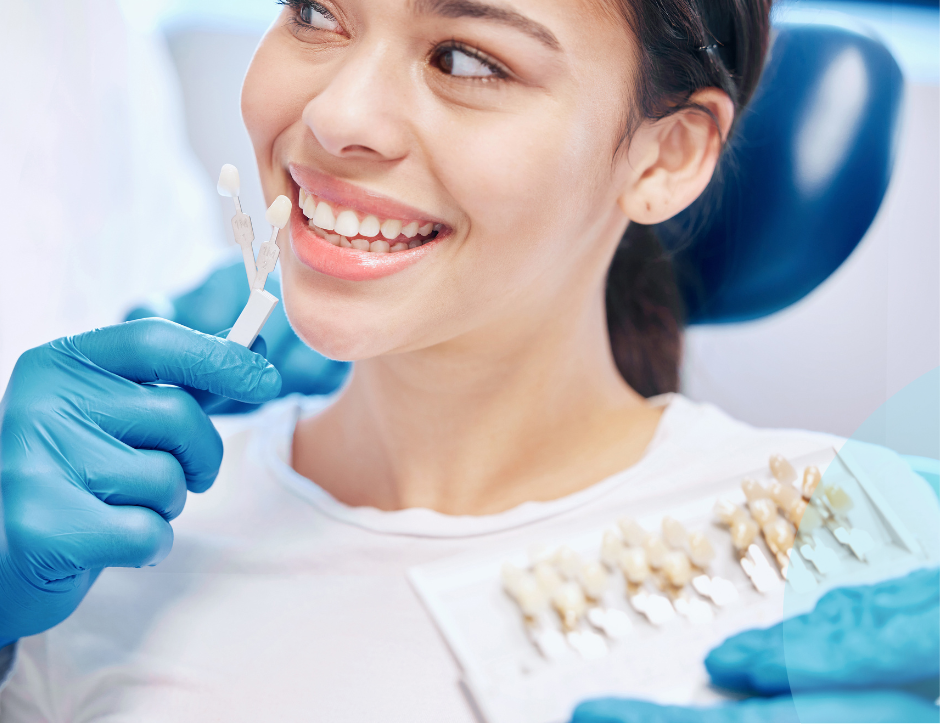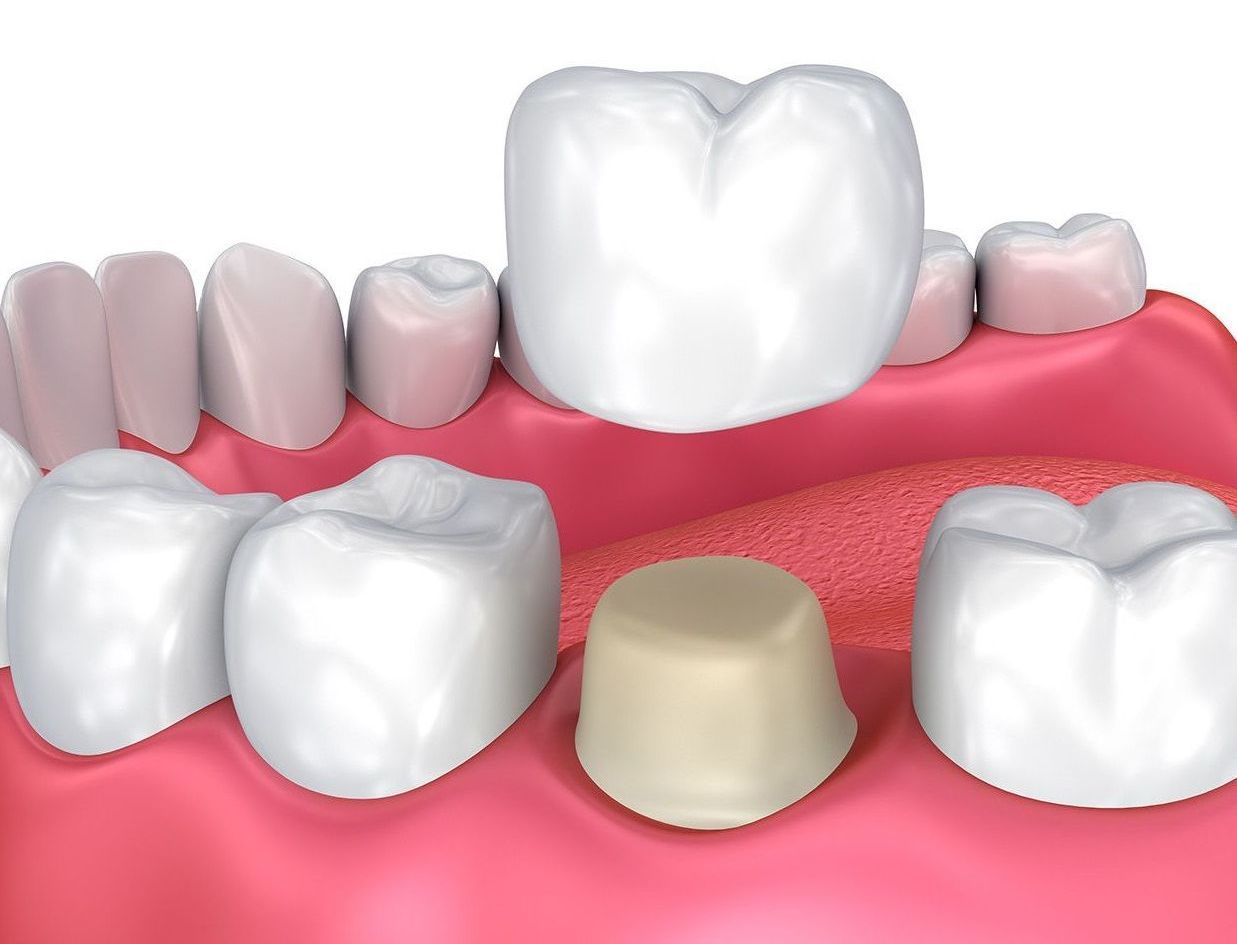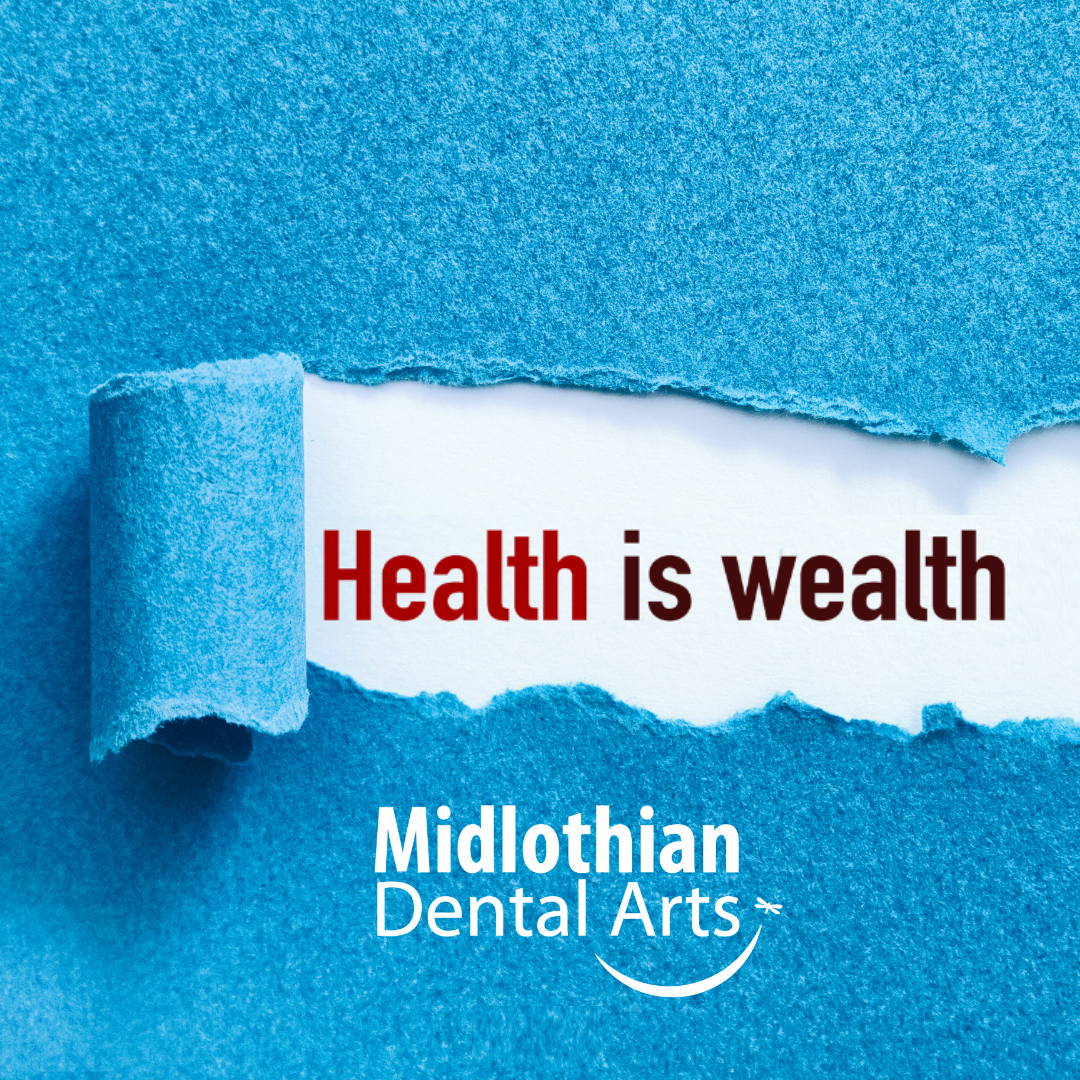The Impact of Stress on Oral Health

How Does Stress Impact Our Oral Health?
Stress follows us everywhere. In today’s culture, there are triggers in just about every aspect of daily life. And, while we all react to stress differently, stress can take its toll not only on our minds and bodies but also on our oral health.
Physiological Effects of Stress
The physiological effects of stress on our oral and overall health are numerous. When stress spikes the release of cortisol, our immune system is weakened and bacteria can more easily invade our bodies, creating inflammation. Stress also triggers our brain to seek comfort foods which can sometimes lead to unhealthy habits like drinking alcohol, eating sugar-laden “comfort foods” or smoking; These unhealthy actions and habits place our oral and overall health at risk. Furthermore, individuals who are taking anti-anxiety medications to help manage stress can experience dry mouth. Having healthy amounts of saliva is critical for clearing away food debris after eating and neutralizing harmful acids.
Emotional Impact of Stress on Oral Health
Stress, anxiety, and depression all increase our risk of getting gum disease and tooth decay. When facing overwhelming stress, it can be difficult to have the discipline to follow a strict oral health care routine. It is so important to take time out for self-reflection, and stress-relieving techniques which can help restore the energy required for simple daily tasks.
Practice Being Mindful on a Daily Basis
Simply being aware of how your stress may be impacting your oral health can help save your gums, teeth, and jaws from long-term effects. Below are a few areas to be especially mindful of during highly stressful periods:
- Brushing/Flossing Daily - When overly stressed, self-care can become less important, and remembering to brush and floss your teeth twice a day may feel overwhelming. Try putting your floss by your bedside or by the coffee maker as visual reminders.
- Eating for Good Oral Health - Indulging in mood-boosting foods that are high in carbs, sugar, and caffeine can sometimes feel comforting. Yet, a nutrient-dense diet is the best way to guard off plaque buildup, cavities, and even tooth loss. Try switching your bowl of ice cream for fresh blueberries or yogurt.
- Dry Mouth - Saliva is critical for keeping our mouth moist, bacteria in balance, and neutralizing acids that can be harmful to tooth enamel. Certain medications that are prescribed for stress, overuse of alcohol and tobacco, and stress itself can all lead to a dry mouth so be mindful of all of these dangers. Consider keeping yourself hydrated with plenty of water throughout the day.
- Clenching your Jaw - Jaw clenching and muscle tension are typically caused by stress and anxiety. Sadly, constant muscle tension in your jaw can cause TMJ, a condition that causes pain and discomfort. People who suffer from TMJ may experience difficulty opening their mouths or chewing food and hearing a clicking noise in the joints of their jaw.
- Teeth Grinding - Teeth grinding or bruxism is also a common reaction to feeling stressed or anxious. Most people tend to grind their teeth at night while they sleep. Teeth grinding causes significant wear and tear on teeth, resulting in chipped or loose teeth, teeth sensitivity, and pain/tension around your temples. Talk to your dentist about a mouth guard that can be custom-made to protect and preserve your teeth.
How to Address the Impact of Stress on Your Health?
One of the best ways to fight the negative effects of stress on your health is to create your own “toolbox” of stress-relieving tools. Fortunately, there is an abundance of resources readily available today that your research can help you identify. Remember to talk to your healthcare team so they can regularly monitor your health and provide you with support, expertise, and guidance along the way.
Questions for Dr. Stafford?
Do you have a specific health concern that you suspect might be impacting your oral health? Don’t hesitate to schedule a consultation. We are always here to help you halt the effects of stress on your oral health.



